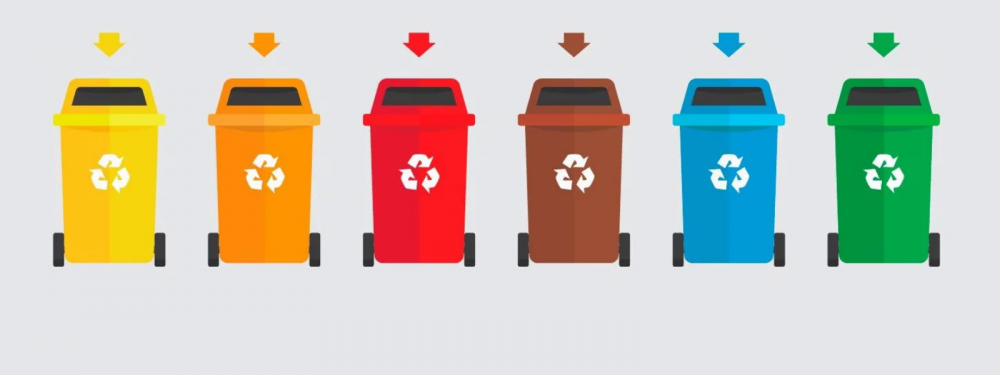Separate garbage collection on the NU campus: from initiative to implementation
Sorting and recycling of garbage is becoming increasingly important in our everyday lives.
Having dedicated containers to separate and recycle the reusable portion of our waste is important because it makes recycling easier and reduces the overall amount of garbage that goes to our landfills.
Often, more than half of all garbage is waste that is suitable for recycling.
Sorting solid household waste solves several problems:
- reduces the total amount of garbage on the planet,
- reduces the amount of natural resources consumed by reusing raw materials,
- contributes to the improvement of the ecological situation,
- reduces the cost of recycling.
Part of Nazarbayev University’s Green Campus initiative includes the separation, collection, and transfer for recycling of paper, plastic, glass, batteries and lightbulbs. Soon, there will be containers for metal collection and bins for the composting of plant waste from kitchens and yards. These efforts first began in 2016, with collecting paper and then in the following year the program was expanded to included plastic. In 2018, we started collecting batteries and lightbulbs for recycling. In 2019, the separation and collection glass was added to the initiative.
In 2020, it is planned to place bins for metal and composting on the campus.
The Office of Green Campus and Environmental Development shared some of the results of separate garbage collection on campus for 2019:
- More than 14 tons of waste paper were collected and sent for recycling (e.g. 12 tons in 2018).
Collected paper waste and cardboard were sent for recycling to the “Kagazy Recycling” company in Almaty, which is the largest producer of packaging products and corrugated cardboards in Kazakhstan and Central Asia. Website: https://www.kagazy.kz
- Around 1,4 tons of plastic were collected and sent for recycling (e.g. one ton in 2018).
Plastic, polyethylene, and PET containers are recycled in “Green Park” LLP in Petropavlovsk.
No website, follow the link
- More than one ton of glass was collected and sent for recycling.
The glass collected on campus is sent for recycling to the “ALMATYSTEKLO” glass factory in Almaty, this is the only glass manufacturing factory in Kazakhstan.
Website: http://almatysteklo.kz/
- 4911 batteries and accumulators were collected and sent for recycling (e.g. 1450 batteries in 2018).
Used batteries are being collected by the PromTechnoResource company. Currently all used batteries in Kazakhstan are stored in inert concrete boxes. This is a temporary solution that allows safe long-term storage to avoid potential environmental pollution, until the waste can be sent to special factories.
Website http://tresurs.kz/
- More than 10100 mercury-containing lightbulbs were collected and sent for recycling.
These lightbulbs are disposed by KazekotehAstana, which uses a thermo-demercurization method for all types of mercury-containing waste.
Sorting garbage for recycling is not difficult, and the habit can be developed very quickly. We want to encourage our community members to do their part to help lessen human impact on the environment. Taking part in sorting waste for recycling sets a good example for others, both adults and children.
The Office of Green Campus and Environmental Development thanks all representatives of the NU community for their efforts to help the University campus become more environmentally friendly!


